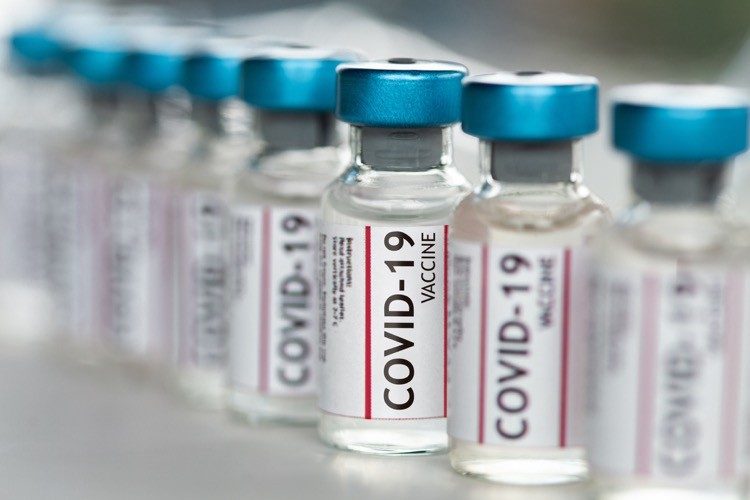
Despite their status as the people most likely to come into contact with individuals infected with COVID-19, a significant number of California healthcare workers — over 50 percent at one hospital — have refused to be vaccinated.
The Los Angeles Times reported:
At St. Elizabeth Community Hospital in Tehama County, fewer than half of the 700 hospital workers eligible for the vaccine were willing to take the shot when it was first offered. At Providence Holy Cross Medical Center in Mission Hills, one in five frontline nurses and doctors have declined the shot. Roughly 20% to 40% of L.A. County’s frontline workers who were offered the vaccine did the same, according to county public health officials.
So many frontline workers in Riverside County have refused the vaccine — an estimated 50% — that hospital and public officials met to strategize how best to distribute the unused doses, Public Health Director Kim Saruwatari said.
Why would those who understand the dangers of the virus and who would be expected to “believe the science” turn down a chance to be protected from COVID-19?
“I’m choosing the risk — the risk of having COVID, or the risk of the unknown of the vaccine,” April Lu, a 31-year-old nurse at Providence Holy Cross Medical Center, told the Times. “I think I’m choosing the risk of COVID. I can control that and prevent it a little by wearing masks, although not 100% for sure.”
Lu, who is six months pregnant, is particularly concerned about the vaccine’s safety for pregnant women. No clinical trials have been conducted on pregnant women yet.
Lu said some of her coworkers turned down the vaccine because they figure that if they haven’t contracted COVID-19 after all this time, they’re unlikely to do so.
The Times noted that vaccine hesitancy isn’t restricted to California. “Reports of lower-than-expected participation rates are emerging around the country.”
Twenty-nine percent of healthcare workers responding to a recent Kaiser Family Foundation poll said they were hesitant to accept the inoculation. Among the general population, 27 percent expressed similar sentiments.
According to the Times, “Respondents to the Kaiser Family Foundation survey who said they probably wouldn’t get the vaccine said they worried about side effects; they lacked trust in the government to ensure the vaccines were safe; they had concerns about the role of politics in the development of the vaccines; or they believed the dangers of COVID-19 had been exaggerated.”
All of these fears are well-founded.
The various vaccines are known to cause short-term side effects including injection-site pain, fatigue, muscle and joint pains, headache, fever, and severe allergic reactions. One nurse who participated in Pfizer’s vaccine trial in August reported experiencing lightheadedness, chills, nausea, extreme injection-site pain, and a fever of nearly 105 degrees Fahrenheit.
The vaccines’ long-term effects, meanwhile, are unknown.
The political aspects of the vaccines’ rushed development are certainly cause for concern. Governments that whipped up hysteria over COVID-19 and used it as an excuse to institute totalitarian policies funded the development of the vaccines and then approved them in record time. Those same governments, which have immunized vaccine makers from lawsuits, are also threatening to force people to be vaccinated in order to attend school, travel, or take part in a variety of other normal human activities.
There is also no question that the virus’ dangers have been wildly exaggerated, and no one should know that better than healthcare workers, who can see that hospitals in general are not being overwhelmed, that COVID-19 cases and deaths are being overreported, and that only a tiny percentage of people who contract the disease — mostly the aged and infirm — die from it. Why, then, would they choose to be guinea pigs for a vaccine whose negative effects are partially known and whose efficacy, particularly over time, remains to be seen?
“I feel like the perception of the public with healthcare workers is incorrect. They might think we’re all informed of all of this. They might think that because we work in this environment,” Nicholas Ruiz, an office assistant at a Salinas, California, hospital, told the Times. “But I know there’s a lot of people that have the same mentality as the public where they’re still afraid of getting it.”



